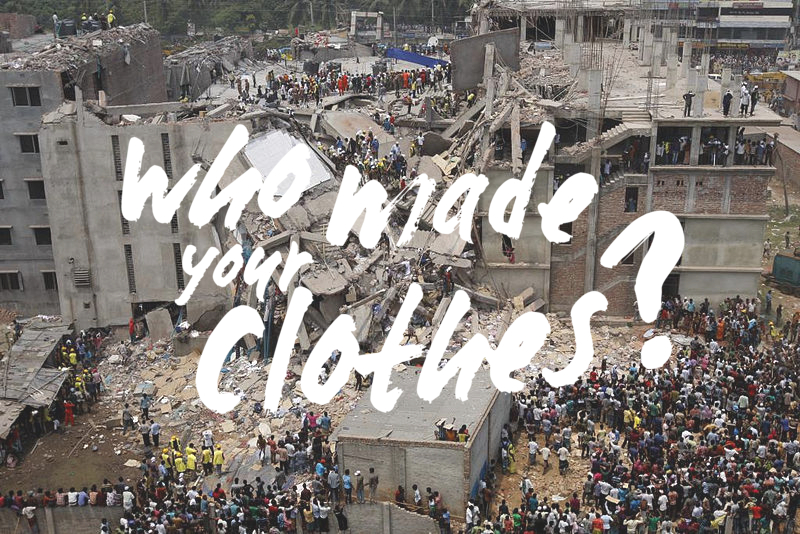
Fashion revolution starts in your closet
Tomorrow 24th of April is a start of Fashion Revolution week. You can read all about Fashion revolution week it right here. Now that you know what it´s all about, you are probably asking yourself what can you do to help? I have a few ideas …
GET TO KNOW YOUR CLOTHES
I would recommend going through your closet and check the clothes you wear, check the labels to see where they are produced and what materials are used.
Ask yourself “Who made my clothes?” It made me a bit sad when I first checked my labels and saw they are made in China, Bangladesh, India, Vietnam,…

A Little disclaimer, there are some ethical brands in my wardrobe and anything I buy now is either 2nd hand or by ethical brands. But most of my clothes are 3-5 years old.
RESPECT YOUR CLOTHES AND PEOPLE THAT MADE THEM
A big problem with cheap clothes is that people loose respect for them, they don´t even bother to fix lost button. These clothes were also designed and made to fall apart. If they cost you just 5€, it doesn´t matter if you just throw them away, right? Wrong, because it should matter! With buying a cheap product, you support the brand and encourage them to produce more cheap clothing, explore more people, use more cheap and toxic materials. Have some respect for your clothes. Take good care of them. Because this way you show some respect to people that made them. So even if you made a bad decision in the past and bought fast fashion piece, keep it, take care of it and wear it as long as you can. And if it does fall apart, please recycle it.
Ask the brands “Who made your clothes?” How much are the workers paid? How are their right protected? These people need jobs, but they need to be respected and protected while doing it.
THIS IS THE REALITY
A few years ago Norwegian TV made a show called Sweatshop. Three Norwegian fashion bloggers traveled to Cambodia. There they get to experience the everyday life of the workers in the textile industry. The soon learn the true cost of their clothes – human lives. You can watch the whole 2 seasons of this show right here.
Sweatshop (or sweat factory) is a pejorative term for a workplace that has poor, socially unacceptable working conditions. The work may be difficult, dangerous, or underpaid. Workers in sweatshops may work long hours with low pay, regardless of laws mandating overtime pay or a minimum wage; child labor laws may also be violated. According to the Fair Labor Association, at least 18 countries are operating sweatshops, including Bangladesh, Costa Rica, El Salvador, China, the Dominican Republic, India, Vietnam, Honduras, Indonesia, Armenia, Brazil, Haiti, Taiwan, the Ivory Coast, Nicaragua, Mexico, the United States and its territories.
IT´S TIME TO CHANGE FAST FASHION
Fast fashion brands have 52 micro-seasons per year! 52! With new trends coming out every week, the goal of fast fashion is for consumers to buy as many garments as possible, as quickly as possible. By subcontracting manufacturing overseas to the lowest bidder — generally in countries that already have some of the leanest production costs on earth. Rather than having long-term relationships with the factories, companies are comfortable with abrupt break-ups — so if they want something faster, the factories have to keep up or lose their contracts.
Fast fashion product ( HM, Zara, Mango, Primark, Top Shop…..) are designed to fall apart, they are full of chemicals. An article in The New York Times says the Center for Environmental Health is focusing on reducing the lead content in products marketed to young women because lead accumulation in bones can be released during pregnancy, potentially harming both mother and fetus.

All I ask from you is to shop more consciously and don´t ignore the fact that your clothes might be made in a sweatshop, by children in horrible conditions, that people might even die while making them. Know that your own clothes might be full of toxic chemicals that might be bad for your health too. Be conscious, be curious and be a smart consumer and pressure the brands to improve the conditions.
You can check hot fair your favourite brands are on Fairfashion.org or rankabrand.com.
Thank you!
Mateja


Leave a Reply